Alain à la recherche #3: Night and Fog and Muriel
by Ryland Walker Knight
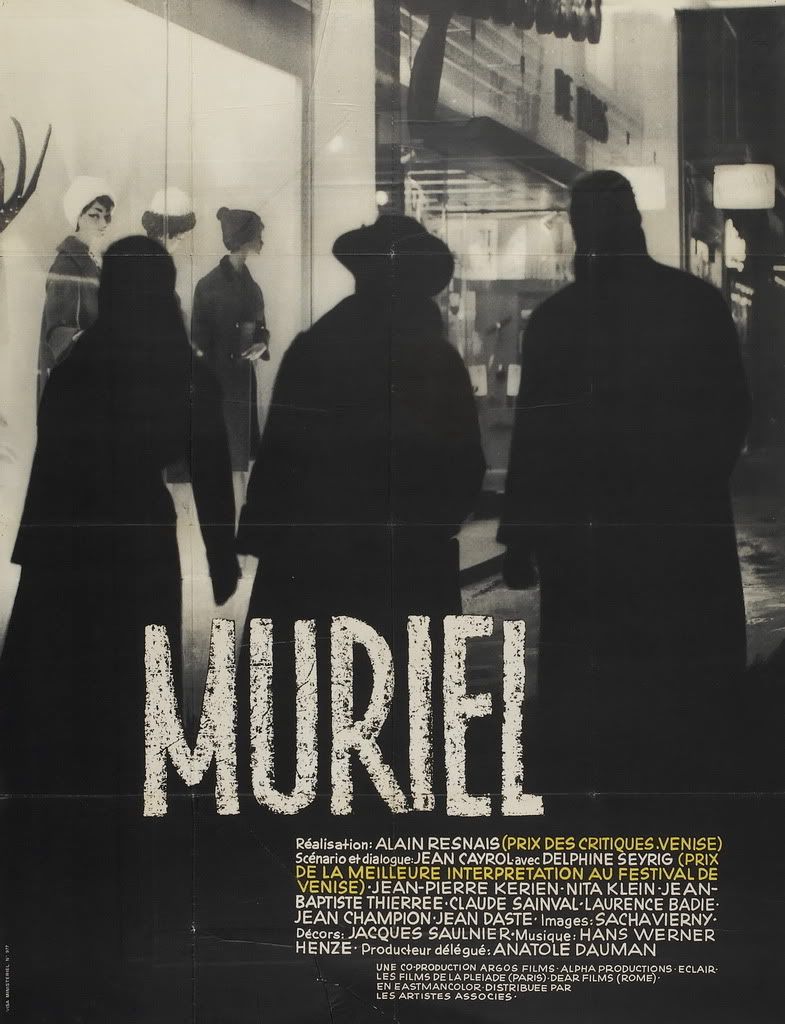
[The Resnais series playing at the PFA this November and December is part of a broader, traveling retrospective with a concurrent run in Chicago at the Gene Siskel Film Center and a proposed stop at the newly renovated Museum of the Moving Image in early 2010.]
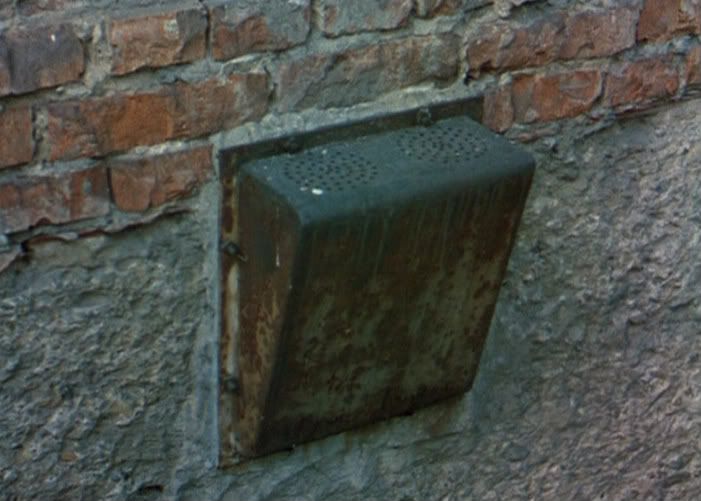
The third night showcased a pair of ghost films, Night and Fog and Muriel, that dovetails one phantasmagoria of "history" with another knot of pain to paint a picture of memory as only ever a haunting. It's the dread affect. It's how you don't need to see some scars to feel them line your visage, or your soul. The most alarming thing besides all the hurt bottled in these films is that the duo rush by, clipped in to let time slip away. The earlier documentary acknowledges this pretty basically in that it's a short, a little poem of collocation. One form of representation is pitted against another. One imagines seeing two films at once, and how some current artist, like say Jennifer Reeves, might project both media simultaneously; however, Resnais could have done that, too, but he did not; one would be wise to understand the power of a more "linear" contiguity to better shock, assault and mortify an audience. As the title attests—in spite of its before-and-after death camp images—it's not an ashtray film and it's not a smoke trail film; rather, it's that cloud film, hanging; it's a fog fugue. Of course it hurts.
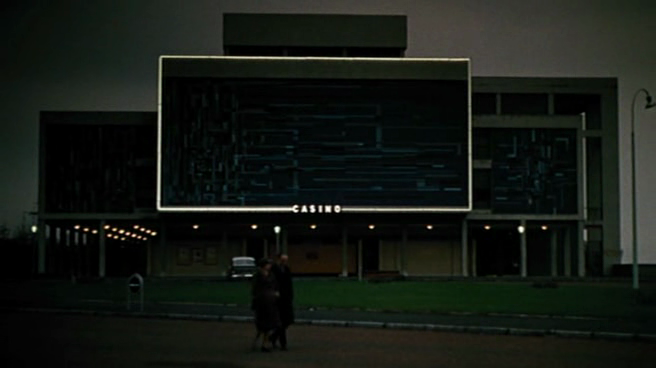
Muriel extrapolates this reckoning project, but instead of a fog of competing threads, it's all tied up, everything a gnarl, as only a Hitchcock fan could dream. Again, it's a crisp film—blink and you'll lose your bearings—but, like a lot of nightmares, the pacing's off. It lumps on, then flies to a cliffside, then a few months fall away and plans are dropped; life's a gambol as much as a gamble. Nothing really happens but a series of "you hurt me once" rounds of sparring. It's a film of remove set in the port town (a liminal space if ever there was one) of Boulogne, outside Paris, away from Algiers, eons from The War that changed everything. Resnais seems given to dialectics in this early phase (though Marienbad's clearly a prism), and here we have not just past and present but young and old, memories and events. Nonetheless, it's hard to call anything an event in a film this oblique, this hidden, this burled, this tangled. Like all of the best cinema, at bottom Muriel is just images, folding, a string of signals that resist that symbolic. Nothing is so reducible in a Resnais film, it would appear. In fact, what I'm already loving is that he's at the other end, exploding things. He claims lineage with the Surrealists and it makes sense: Muriel may be a cube, not just a knot, built of mirrors; however, unlike Marienbad, those mirrors are corporeal, physiognomies rather than reflections, with pores and creases. —We're back, somehow, at the human.
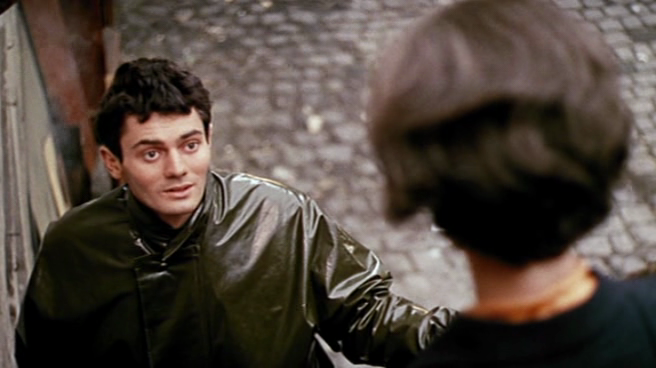
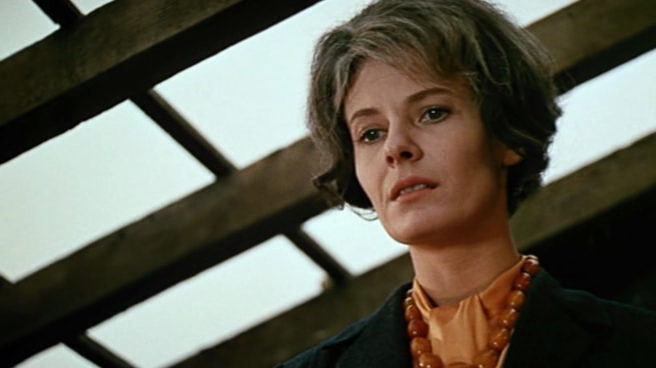




No comments:
Post a Comment